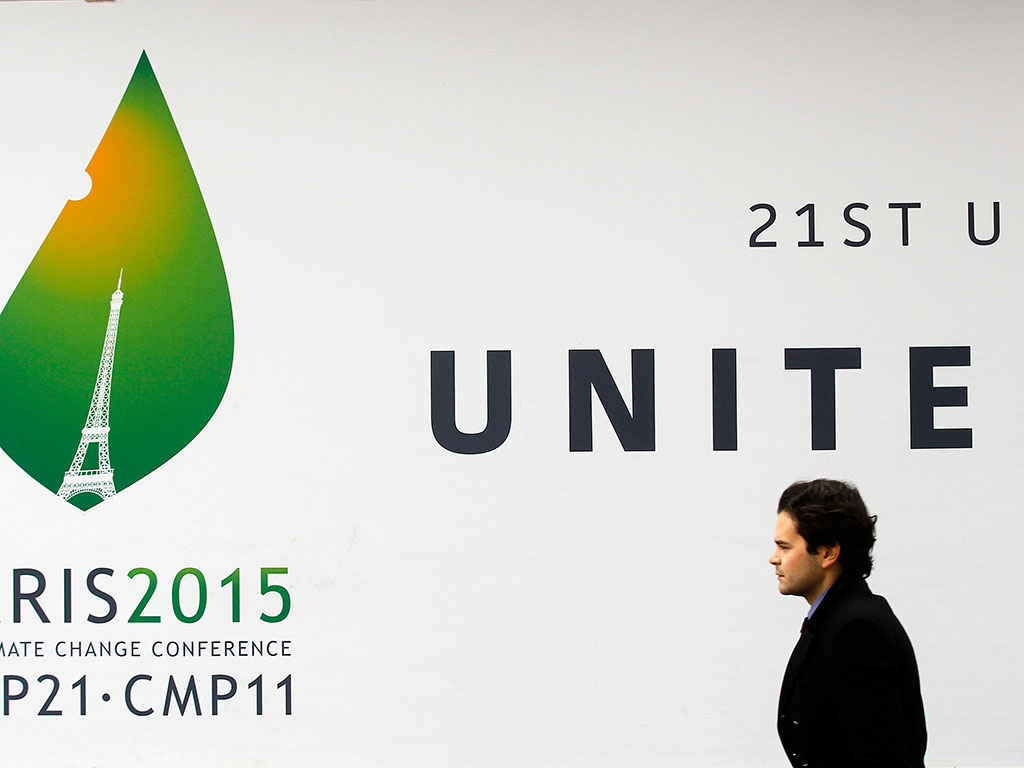COP21, day three: World Bank launches carbon coalition
The new CPLC aims to educate support corporate and government parties, should they choose to introduce carbon pricing

The World Bank has launched its Carbon Pricing Leadership Coalition to advise and support governments and companies on their carbon pricing
The World Bank took the third day of the Paris meet to launch its Carbon Pricing Leadership Coalition, which, according to the coalition itself: “aims to bring together leaders from across government, the private sector and civil society to share experience working with carbon pricing and to expand the evidence base for the most effective carbon pricing systems and policies.” Prompted by a groundswell of support for the issue of pricing carbon at the source, the coalition will act as a support group for participating governments and companies.
The coalition will offer support to participants on issues such as carbon leakage and border tariffs
Advocates argue that a carbon pricing mechanism might more accurately reflect the impact of climate change on human health and the environment. The idea, in short, is for the social costs of climate change to be passed onto polluters, and provide a financial incentive to reduce emissions and boost investments in low carbon alternatives both.
“The coalition will collect the evidence base, benefiting from experience around the world in designing and using carbon pricing, and use this input to help inform successful carbon pricing policy development and use of carbon pricing in businesses,” according to the CPLC. “It will also deepen understanding of the business and economic case for carbon pricing. In that role, it is developing pathways for use by companies, investors and governments that will illustrate plausible outlooks under a variety of carbon pricing policies and timelines.”
The coalition will offer support to participants on issues such as carbon leakage and border tariffs, all while focusing on the difficult issues of coordination and alignment at national and company level. By shifting the burden back to those responsible, carbon pricing schemes incentivise polluters to consider cleaner alternatives – as has been shown in the case of Ontario and Quebec recently.
“Carbon pricing makes investments in low-carbon or carbon-free technologies attractive and ensures that fossil fuels are used efficiently,” according to Germany’s Angela Merkel, and the issue is likely to raise its head yet again before COP21 is up.
While representatives from over 190 countries gather in Paris to reach a shared agreement on climate change, The New Economy will be at the Sustainable Innovation Forum to expand on the role and responsibilities of business. Check back for video updates from the event as they happen.













